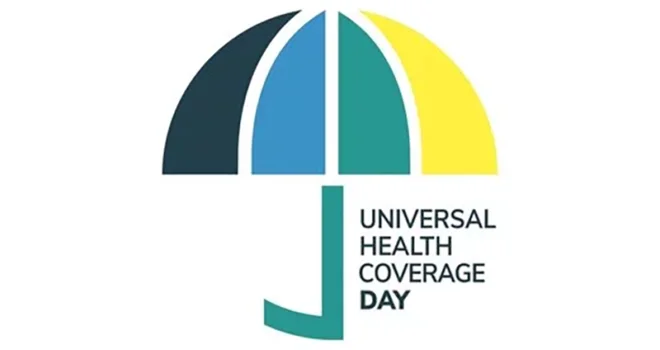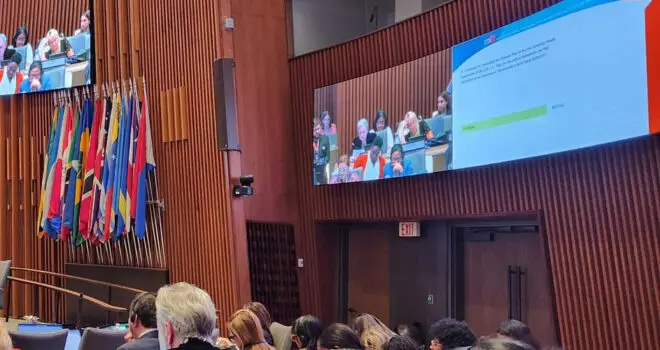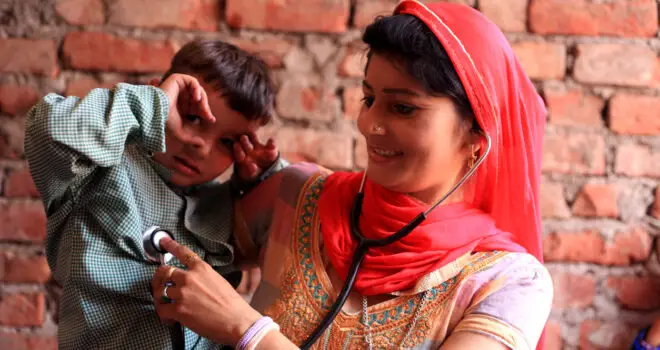On 23 September 2019, world leaders adopted the first United Nations Political Declaration on Universal Health Coverage at the UN General Assembly high-level meeting on Universal Health Coverage (UHC). The document represents a comprehensive set of health commitments, providing a framework for action on UHC. The Declaration set the ambitious goals of progressively covering 1 billion additional people with a view of covering all people by 2030, reversing the trend of rising catastrophic out-of-pocket health expenditures and eliminating impoverishment due to health-related expenses by 2030.
Despite these bold commitments, before the COVID-19 pandemic, most countries were already not on track to achieve SDG target 3.8 and the COVID-19 pandemic further contributed to hindering progress towards UHC. In addition, the State of UHC commitment review published by UHC2030 revealed that even in countries that developed policies to expand equitable access to health services, significant policy implementation gaps exist.
Cardiovascular disease (CVD) is the biggest killer, responsible for 18.6 million deaths, the majority of which occur in low- and middle-income countries (LMICs). Due to their long-term nature and the high cost of acute cardiovascular disease services, catastrophic out-of-pocket health expenditures for CVD services contribute to driving individuals and households into poverty. Failing to integrate CVD services in basic primary care packages forces individuals particularly in LMICs to make financial considerations before deciding to access health services, exacerbating existing inequalities in CVD prevention, diagnosis, treatment and follow-up. The benefits of reducing out-of-pocket health expenses extend beyond health, to include fostering economic prosperity and resilient societies.
On 12 December 2022, UHC Day, the World Heart Federation reiterate its commitment to advocating for cardiovascular health for everyone and for countries to ensure equitable access to affordable, quality CVD services for everyone everywhere, by investing in health and expanding coverage of essential CVD interventions highlighted in several global initiatives, such as Appendix 3 of the WHO Global NCD Action Plan. To date, CVD-related interventions remain chronically underfunded, despite the availability of cost-effective and feasible interventions that countries can implement at the national level. Enacting fiscal policies directed at increasing taxes on tobacco, sugary drinks and alcohol would generate revenues that can be ploughed back into financing UHC and ultimately reduce the burden of CVDs.
Learn more about UHC Day: uhcday.org


